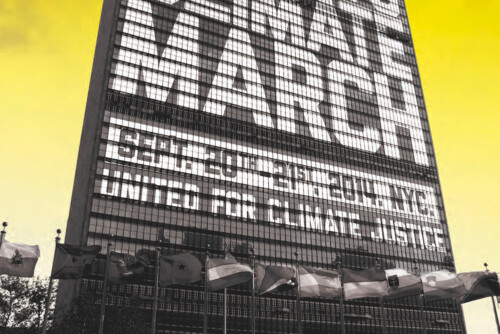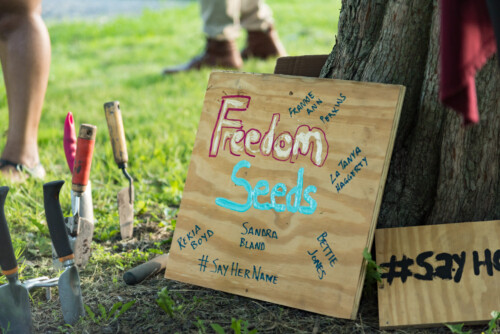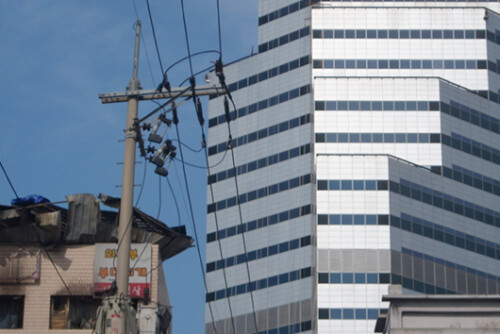In fact, currently imprisoned people as well as numerous survivors of state captivity have consistently reflected on the meaning of racial, gender, and sexual violence when it is generated from a condition of state-formed legitimacy and institutional ascendancy. The 2004 publication of prison abolitionist organization Justice Now’s, “The We That Sets Us Free,” a cross-textual compilation of music, interviews, and spoken word, includes multiple critiques of the misogynist white supremacist state that insist on a feminist redefinition of sexist and patriarchal violence that analytically centers the routinized gender violence of the prison regime. Simultaneously, the critical articulations of many voices on “The We That Sets Us Free” rearticulate and transform parochial definitions of the racist state, displacing the stubborn androcentrist politic that envisions the prototypical (or even universalized) body of the imprisoned to be that of the racially pathologized male. More than a simple supplementation of conventional antiracist discourse, the trajectory of this critique points towards a qualitative transformation of analytical method: by substantiating the specificity and complexity of carceral violence, and closely illustrating the multiplicity of institutionalized forms this violence takes on once constituted by the differentiating and hierarchical axes of race, gender, sexuality, age, and mental health (etc.), we begin to understand that the U.S. prison regime is a formation of state power that requires multiple and intersecting theorizations. In one of the CD’s most lucid examinations of racist gender violence, an imprisoned woman activist contends:
It’s very important for people to recognize that prisons are a form of violence against women. In my seven years in prison, I’ve seen many, many women suffer from extreme medical neglect in here, and I’ve watched several women die. Sexual harassment and abuse of women is constant, and it is important for people to think about the fact that this is violence perpetrated by the employees of the state. Women who have mental health issues are warehoused here, instead of being helped in the community. So when people think about violence against women, I believe that they need to expand their definition to think about women who are survivors of violence at the hands of the state.1
This critical meditation focuses on a logic of carceral violence that is not reducible to a singular (or “ideal type”) articulation or modality of the white supremacist state, but rather is premised on the capacity of the state to dynamically, strategically, and opportunistically reform and shift its techniques of bodily coercion—even as certain racially pathologized bodies remain the abiding “control” group for policing and normalized state violence within a hegemonic white supremacist social formation.
The conceptual schematic that I am suggesting emerges from precisely this flexible and intersectional conception of carceral violence in its structuring, white supremacist modality. While this brief essay does not offer an adequate treatment of the particular, if not singular structures of violence generated in the imprisonment of specific gender/sexual/racial subjectivities, it does seek to generate a framework that brings an end to the treatment of carceral violence as symptomatic of some deeper corruption in the prison’s institutionality. Rather, in analytically centering this violence as the core historical logic of the global U.S. prison regime, I am offering a concise contextualization and theoretical tracing of the prison’s constituting presence in American globality. As such, political narrations of particular iterations of criminalization and imprisonment that allege the onset of a qualitatively new or different prison (or for that matter racial, gender, state) regime altogether require acute critical attention. It is to this tendency that I now turn, in order to facilitate a final transition toward a working genealogy of the U.S. prison regime’s globality.
- Track 5, “Prisons Are Violence Against Women,” The We That Sets Us Free: Building a World Without Prisons (audio recording). Oakland, CA: Justice Now, 2004. [↩]




